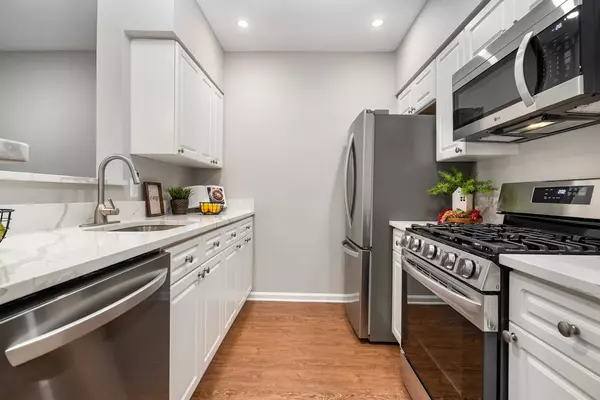
Survey vs. Plat: What’s the Difference and Why It Matters in Real Estate?
When you’re buying, selling, or building on a property, two documents often come up: the survey and the plat. Although they may seem similar, they serve different purposes and offer distinct types of information. Understanding the difference between the two is crucial for navigating a smooth real es

The Only 1-Bedroom with Both a Deeded Garage & Assigned Parking!
For Sale! The Only 1-Bedroom with Both a Deeded Garage & Assigned Parking!Enjoy unmatched privacy and peace of mind in this beautifully updated first-floor condo — the only 1-bedroom, 1-bath unit in the community that offers a deeded garage space (#49) conveniently located near the elevator, plus

Is it better to buy now or wait?
Mortgage rates are still a hot topic – and for good reason. After the most recent jobs report came out weaker than expected, the bond market reacted almost instantly. And, as a result, in early August mortgage rates dropped to their lowest point so far this year (6.55%). While that may not sound lik
Categories
Recent Posts











